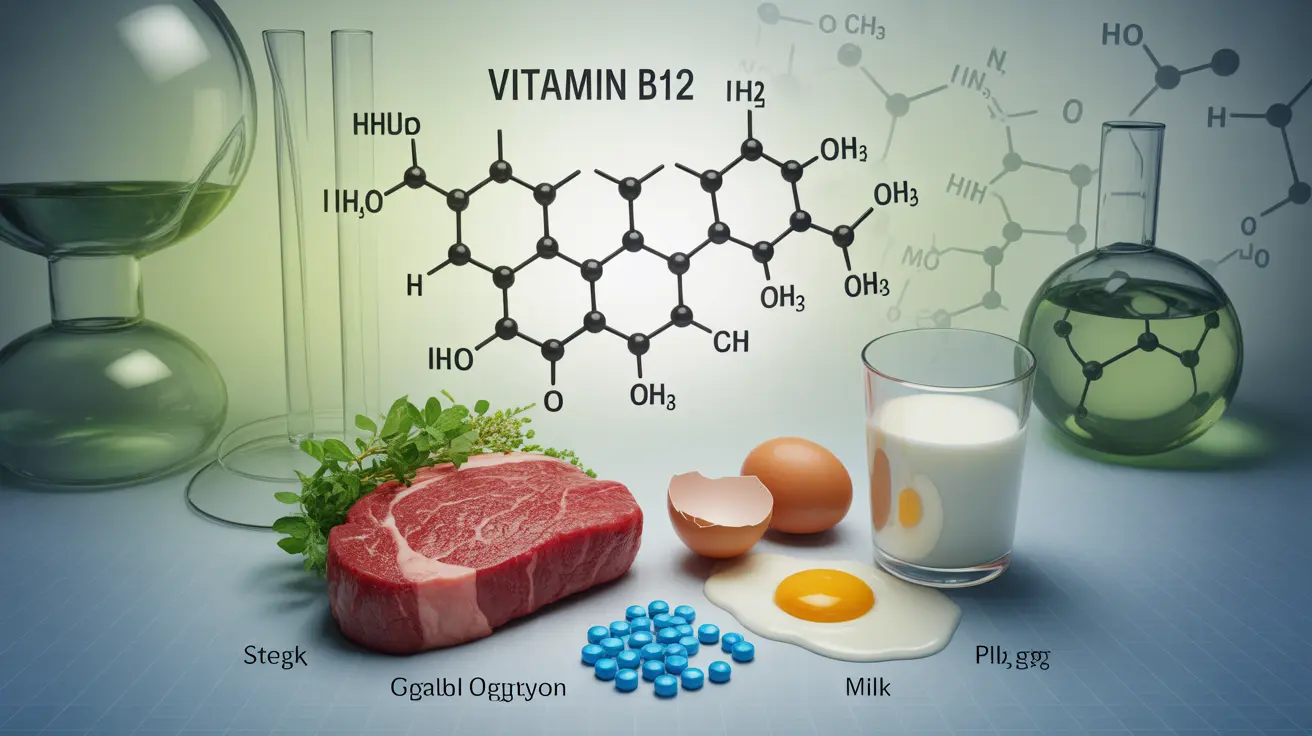Vitamin B12 is a crucial nutrient that plays a vital role in many bodily functions, including red blood cell formation, nerve function, and DNA synthesis. For adults, understanding the proper vitamin B12 dosage is essential for maintaining optimal health. This article will explore the recommended daily intake, who might need supplements, and important considerations surrounding vitamin B12 consumption.
Whether you're looking to boost your energy levels, support your nervous system, or simply ensure you're meeting your nutritional needs, knowing the ins and outs of vitamin B12 dosage can make a significant difference in your overall well-being. Let's dive into the details of this important vitamin and how much you should be getting.
Recommended Daily Vitamin B12 Dosage for Adults
The recommended daily allowance (RDA) of vitamin B12 for adults varies depending on factors such as age, health status, and dietary habits. Generally, the RDA for most healthy adults is 2.4 micrograms (mcg) per day. However, this amount can change under certain circumstances:
- Pregnant women: 2.6 mcg per day
- Breastfeeding women: 2.8 mcg per day
- Adults over 50: May need higher doses due to decreased absorption
It's important to note that these recommendations are for the general population and individual needs may vary. Consulting with a healthcare provider can help determine the optimal dosage for your specific situation.
Who Needs Vitamin B12 Supplements?
While many people can obtain sufficient vitamin B12 through a balanced diet, certain groups may benefit from supplementation:
Vegetarians and Vegans
Since vitamin B12 is primarily found in animal products, those following plant-based diets may need to supplement to meet their nutritional needs.
Older Adults
As we age, our ability to absorb vitamin B12 from food decreases. Adults over 50 may need to rely on supplements or fortified foods to ensure adequate intake.
Individuals with Absorption Issues
People with conditions affecting nutrient absorption, such as celiac disease, Crohn's disease, or those who have undergone certain gastrointestinal surgeries, may require supplementation.
Patients with Pernicious Anemia
This autoimmune condition affects the body's ability to absorb vitamin B12, making supplementation necessary.
Vitamin B12 Absorption and Supplement Dosages
The body's ability to absorb vitamin B12 is limited, which affects the dosages found in supplements. Typically, only a small percentage of the vitamin B12 in supplements is actually absorbed:
- From a 1 mcg dose, about 50% is absorbed
- From a 10 mcg dose, about 10% is absorbed
- From a 500 mcg dose, only about 1% is absorbed
Due to this limited absorption, vitamin B12 supplements often contain much higher doses than the RDA. Common supplement dosages range from 100 to 5,000 mcg. These high doses ensure that even individuals with absorption issues can meet their nutritional needs.
Risks and Side Effects of High Vitamin B12 Doses
Vitamin B12 is generally considered safe, even at high doses, as excess amounts are typically excreted in urine. However, there are some considerations to keep in mind:
While rare, some individuals may experience side effects such as:
- Headaches
- Nausea
- Vomiting
- Diarrhea
- Fatigue
It's also important to note that high doses of vitamin B12 can interact with certain medications, including antibiotics and drugs used to treat bone loss. Always consult with a healthcare provider before starting any new supplement regimen, especially if you have existing health conditions or are taking medications.
Recognizing Vitamin B12 Deficiency Symptoms
Being aware of the signs of vitamin B12 deficiency can help you identify potential issues early. Common symptoms to watch for include:
- Fatigue and weakness
- Pale or jaundiced skin
- Shortness of breath
- Dizziness
- Mood changes or depression
- Memory problems
- Numbness or tingling in hands and feet
- Difficulty maintaining balance
If you experience any of these symptoms, especially if you're in a high-risk group for deficiency, it's important to consult with a healthcare provider. They can perform tests to check your vitamin B12 levels and recommend appropriate treatment if necessary.
Frequently Asked Questions
What is the recommended daily dosage of vitamin B12 for adults?
The recommended daily allowance (RDA) of vitamin B12 for most healthy adults is 2.4 micrograms (mcg) per day. However, this can vary based on factors such as age, pregnancy, and breastfeeding status.
Who needs to take vitamin B12 supplements instead of relying on diet alone?
Individuals who may need vitamin B12 supplements include vegetarians and vegans, older adults (over 50), people with absorption issues due to conditions like celiac disease or Crohn's disease, and those with pernicious anemia. Anyone concerned about their B12 levels should consult a healthcare provider.
How much vitamin B12 can the body absorb from supplements, and what are typical supplement doses?
The body's ability to absorb vitamin B12 decreases with higher doses. From a 1 mcg dose, about 50% is absorbed, while from a 500 mcg dose, only about 1% is absorbed. Typical supplement doses range from 100 to 5,000 mcg to ensure adequate absorption, especially for those with absorption issues.
Are there any risks or side effects associated with taking high doses of vitamin B12?
Vitamin B12 is generally considered safe, even at high doses. However, some people may experience side effects such as headaches, nausea, vomiting, diarrhea, or fatigue. High doses can also interact with certain medications. It's always best to consult with a healthcare provider before starting any supplement regimen.
What are the common symptoms of vitamin B12 deficiency that adults should watch for?
Common symptoms of vitamin B12 deficiency include fatigue, weakness, pale or jaundiced skin, shortness of breath, dizziness, mood changes, memory problems, and numbness or tingling in hands and feet. If you experience these symptoms, especially if you're at risk for deficiency, consult with a healthcare provider for proper evaluation and treatment.




